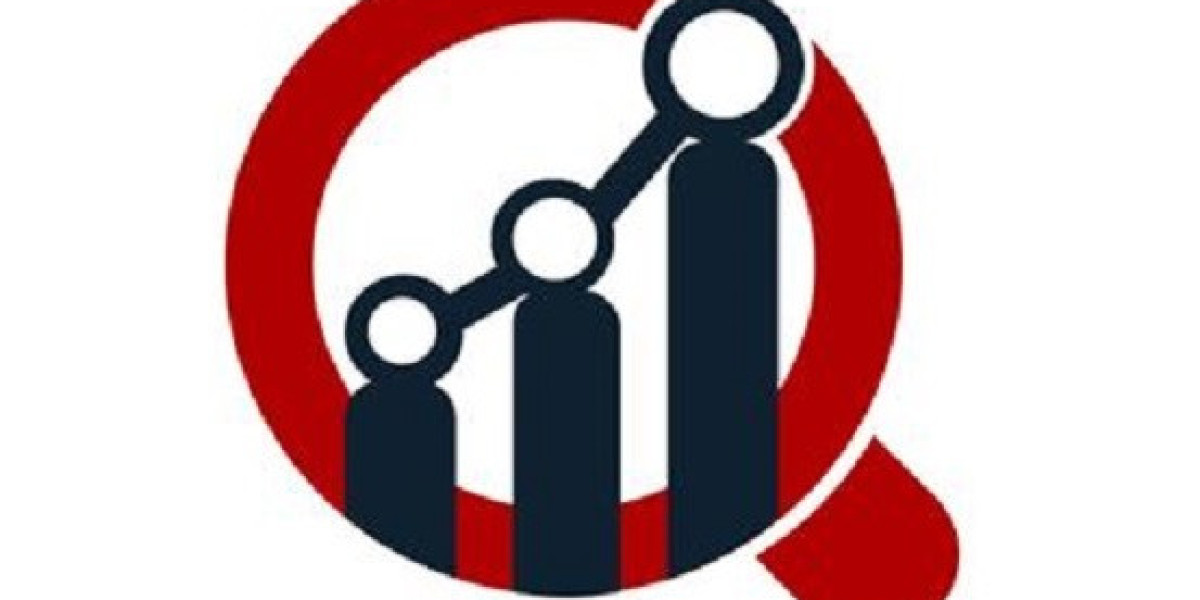The mental health industry serves as a cornerstone of healthcare, focusing on the assessment, treatment, and support of individuals experiencing psychological challenges. Within this multifaceted landscape, various factors shape its dynamics, including mental health market size, mental health market share, mental health market outlook, and mental health market insights. This overview delves into the intricacies of the mental health market, providing insights into its dimensions, trends, and future prospects.
The mental health market encompasses a wide array of products, services, and interventions aimed at addressing the diverse needs of individuals affected by mental health conditions. From psychiatric medications to psychotherapy services, the market offers a comprehensive range of solutions tailored to different diagnostic categories and patient populations.
Recent studies indicate that the global mental health market size is on a growth trajectory, driven by factors such as increasing prevalence of mental disorders, rising awareness of mental health issues, and expanding access to mental health services. The Mental Health Market Size was assessed at USD 385.9 billion in 2022, and it is expected to rise from USD 399.7 billion in 2023 to USD 530.5 billion by 2032, with a compound annual growth rate (CAGR) of 3.60% over the forecast period (2023-2032)..
The growing recognition of mental health as a critical component of overall well-being, coupled with initiatives to reduce stigma and improve access to care, is fueling demand for mental health products and services worldwide. Moreover, technological advancements, such as telepsychiatry and digital therapeutics, are opening new avenues for delivering mental health interventions and reaching underserved populations.
The mental health market is characterized by a diverse ecosystem of stakeholders, including pharmaceutical companies, mental health clinics, counseling centers, and digital health startups. Key players in the market compete for market share through product innovation, strategic partnerships, and expansion into emerging markets.
Pharmaceutical companies dominate a significant portion of the mental health market share, with medications for depression, anxiety, bipolar disorder, and schizophrenia accounting for a substantial share of revenue. However, the market is witnessing a shift towards holistic approaches to mental health care, with increased emphasis on psychotherapy, counseling, and complementary and alternative therapies.
Digital mental health platforms are also gaining traction, offering innovative solutions such as mobile apps, online therapy sessions, and wearable devices designed to monitor and manage mental health symptoms. These platforms aim to improve accessibility, affordability, and convenience of mental health services, thereby disrupting traditional care delivery models and expanding market opportunities.
Looking ahead, the mental health market is poised for continued growth and innovation, driven by several key trends and developments. The COVID-19 pandemic has underscored the importance of mental health and well-being, prompting increased investment in mental health infrastructure, research, and advocacy efforts.
Telemedicine and virtual care are expected to play a prominent role in the future of mental health, facilitating remote consultations, therapy sessions, and monitoring of mental health metrics. Integration of artificial intelligence and machine learning algorithms into mental health technologies holds promise for personalized treatment planning, early intervention, and predictive analytics.
Moreover, there is a growing emphasis on preventive mental health interventions and community-based approaches to mental health promotion. Collaborative care models, which involve coordination between primary care providers, mental health specialists, and social services, are being increasingly adopted to address the complex needs of individuals with mental health conditions.
In conclusion, the mental health market represents a dynamic and evolving sector within healthcare, characterized by innovation, collaboration, and a growing recognition of the importance of mental well-being. As stakeholders continue to adapt to changing demographics, technological advancements, and societal attitudes towards mental health, opportunities abound for improving access to care, reducing disparities, and fostering resilience and recovery among individuals affected by mental health conditions.
Related Reports –
best automatic pill dispenser for elderly
For more information visit at MarketResearchFuture








